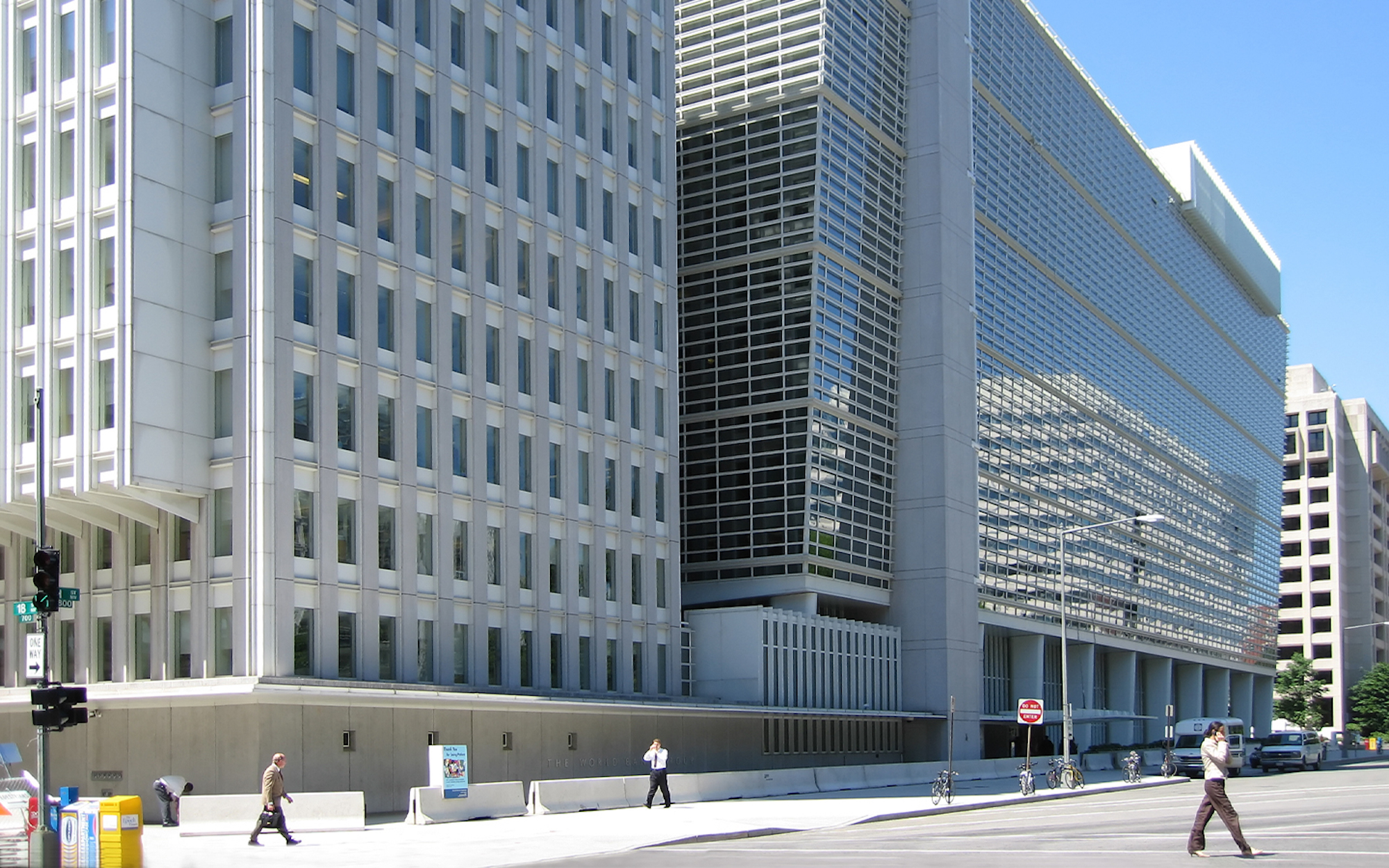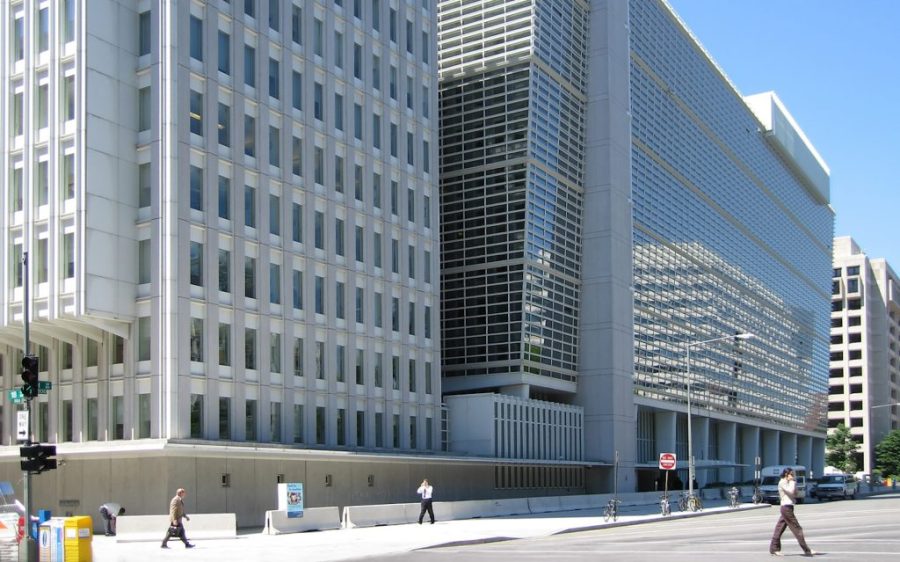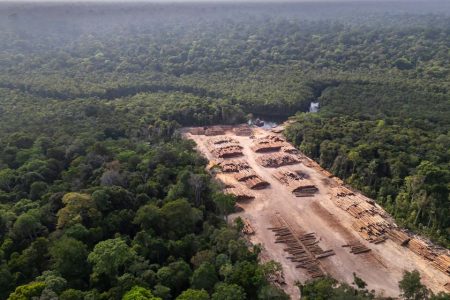The World Bank has revised downwards its 2023 economic growth forecasts for all Portuguese-Speaking African Countries (PALOP), with the exception of Equatorial Guinea.
According to the sub-Saharan Africa section in the Global Economic Prospects report, all Portuguese-speaking countries saw their growth prospects deteriorate, with the exception of Equatorial Guinea, a country for which the World Bank maintains the forecast of a -2.7 per cent recession.
Equatorial Guinea is, along with South Sudan (-0.8 per cent), the only country in the region that is expected to record negative growth this year, and the only one expected to remain “in the red” in 2024, when it can expect to see a 3.4 per cent contraction.
The World Bank estimates that Angola will grow by 2.8 per cent, 0.5 points less than the forecast in June, while Cabo Verde is expected to register an expansion of 4.8 per cent, that is, 1.3 points less.
In Guinea-Bissau, the World Bank continues to predict a growth of 4.5 per cent for this and next year, and for Mozambique, it cut one percentage point off its forecast economic expansion, which is now 5 per cent.
In São Tomé and Príncipe, the new forecast of 2.1 per cent represents a cut of 0.9 points compared to June estimates.
The document predicts a 5 per cent growth in sub-Saharan Africa this year and next, slightly below the June forecast, while the bank’s economists warn that “the external environment is likely to remain challenging for some countries, with further declines in various commodity prices for raw materials, which should harm revenues and exports”.
Many countries, they add, “will continue to face high prices for imports of fertilisers and fuel, despite [them] being below the peak registered last year”.
At the regional level, sub-Saharan Africa is expected to grow 3.6 per cent in 2023 and 3.9 per cent in 2024. “Compared to the June forecast, growth was revised down for almost 60 per cent of countries.”
This happens “in consequence of the slowdown of the global economy and the tightening of financial conditions, together with the increase in inflation, which undermined the already fragile recoveries and increased internal vulnerabilities”, the World Bank concludes, cutting its overall global growth forecast for 2023 from 3 per cent to 1.7 per cent.






